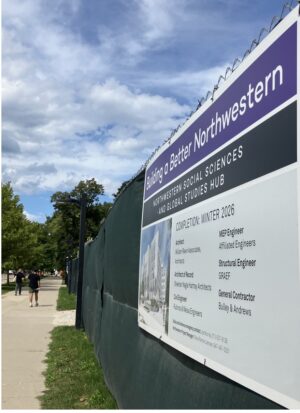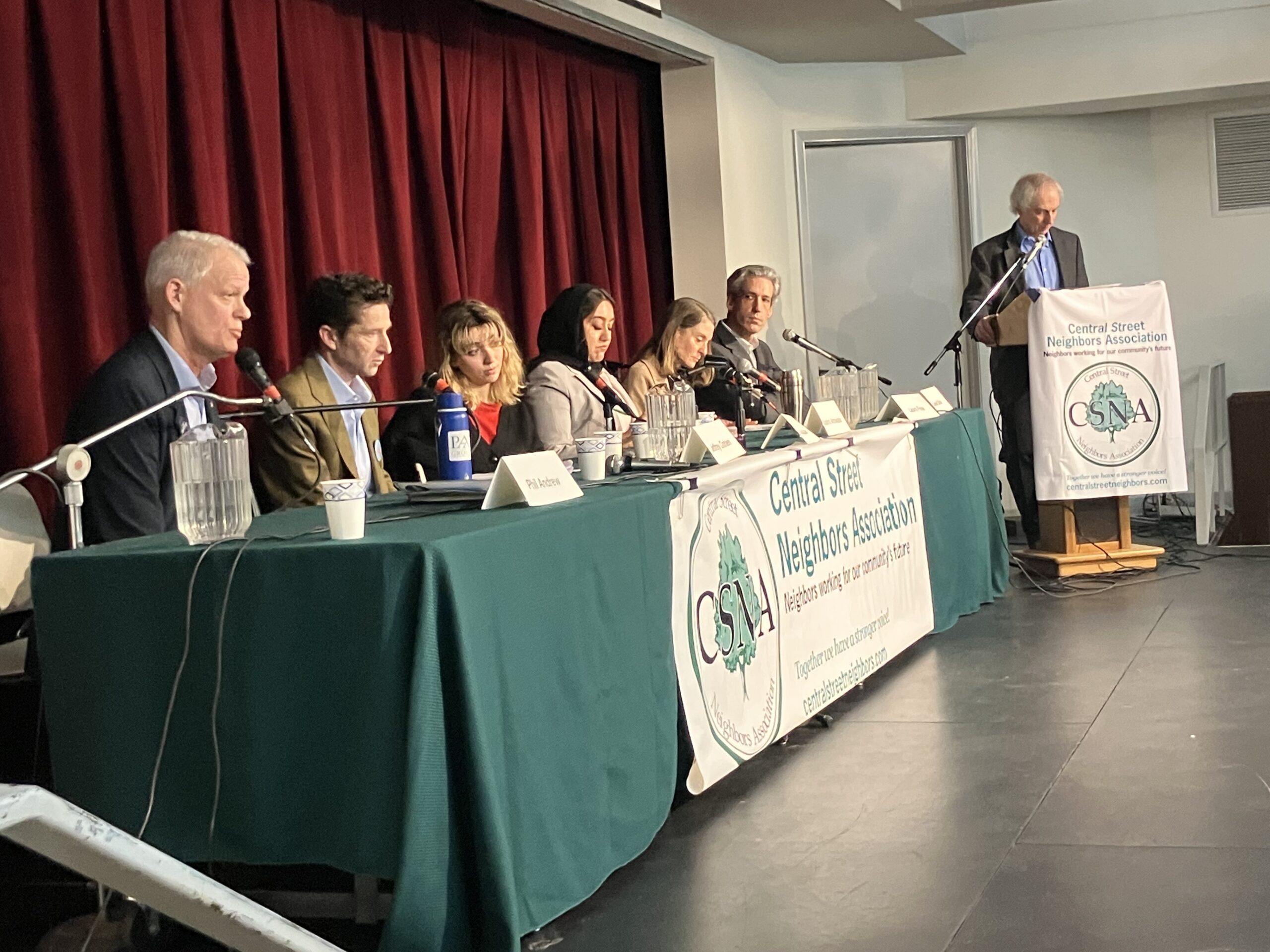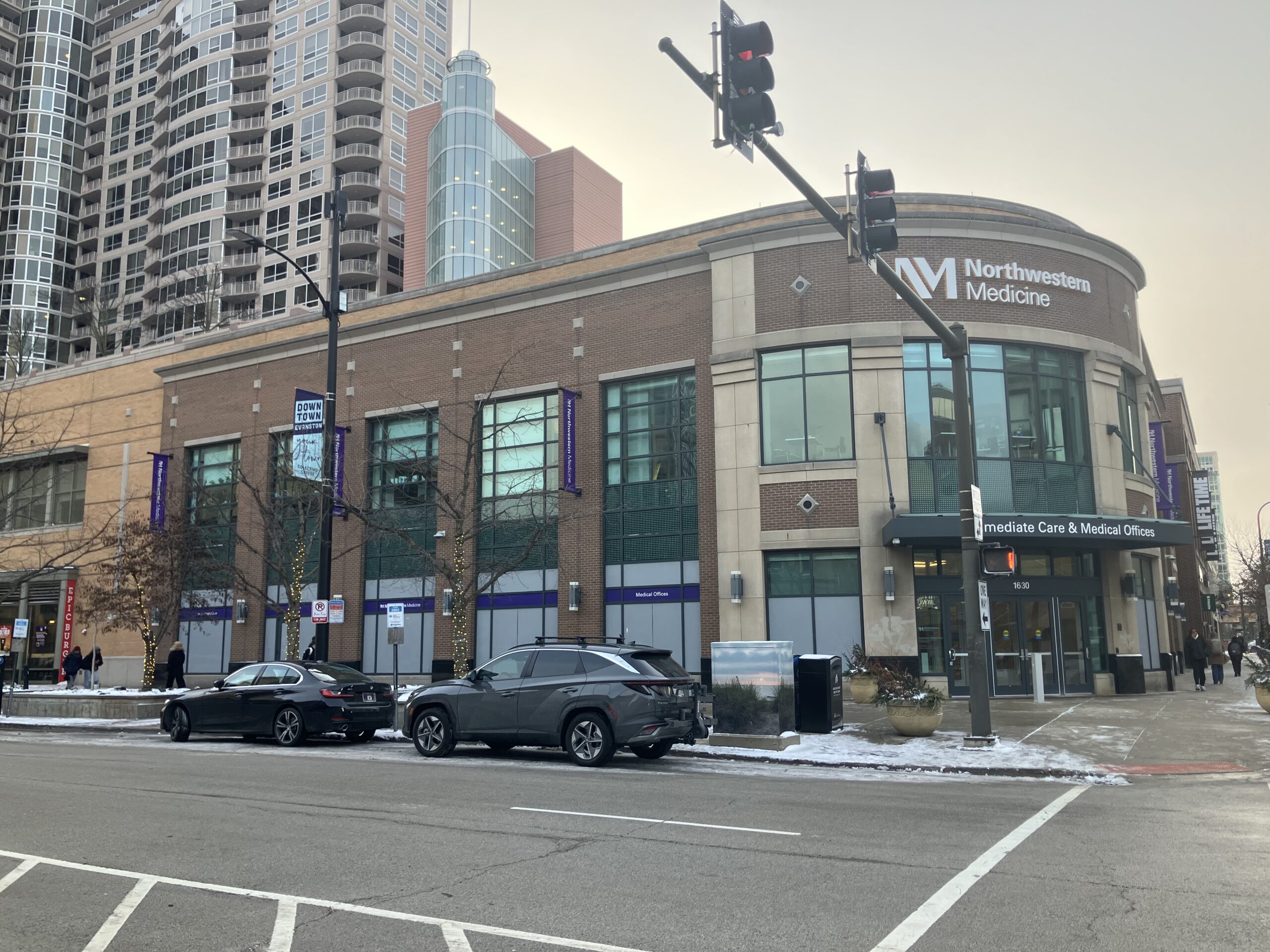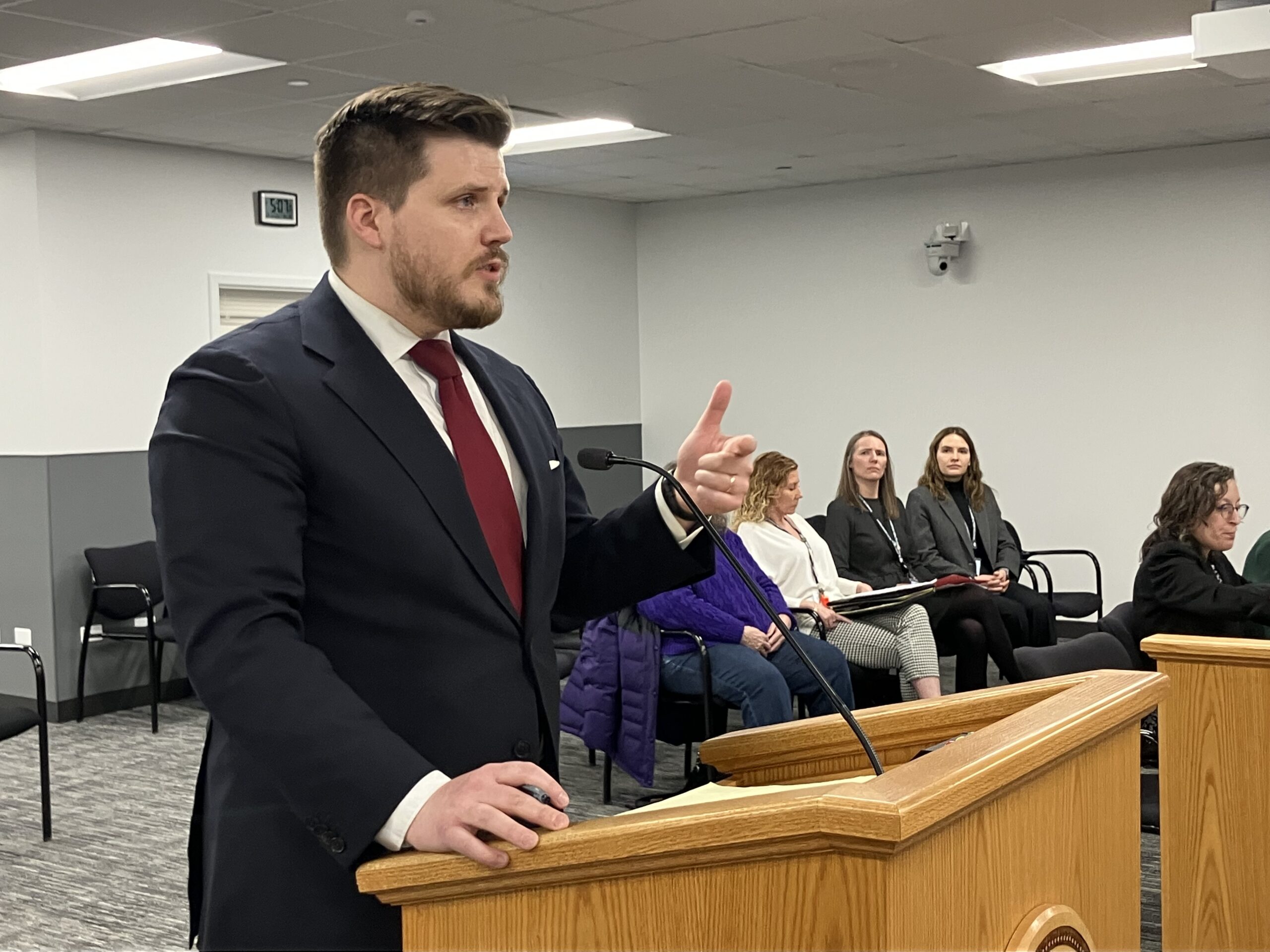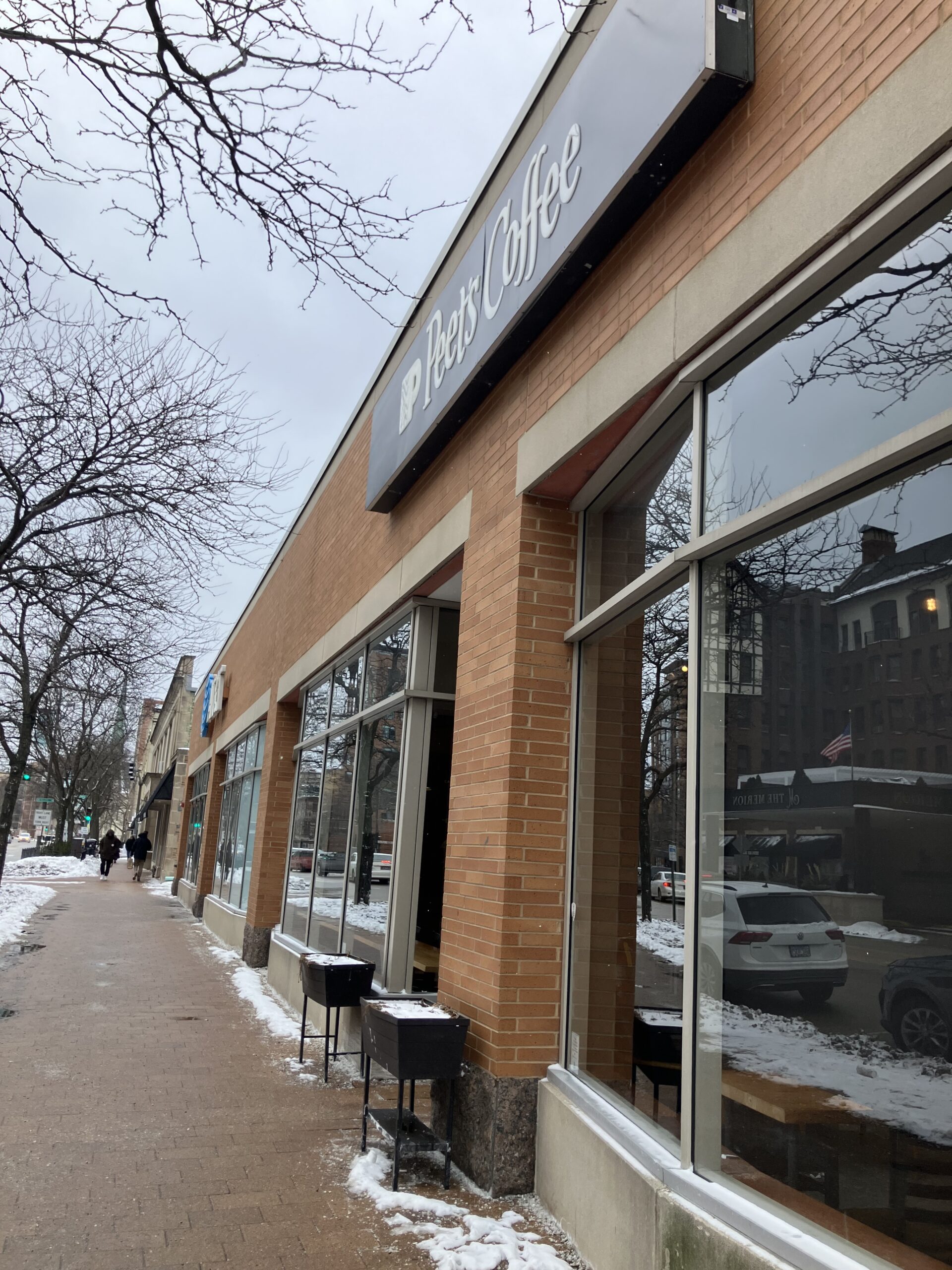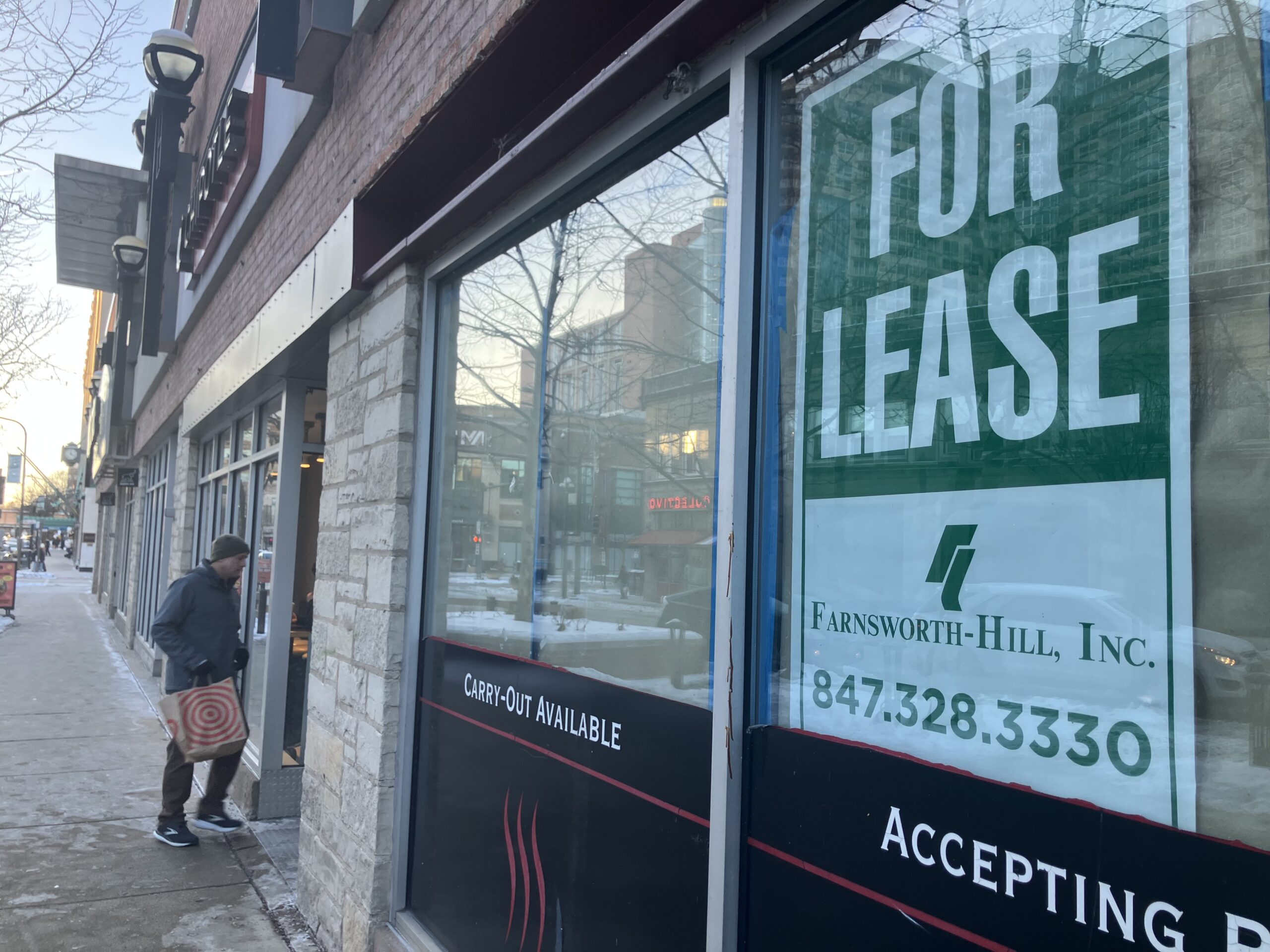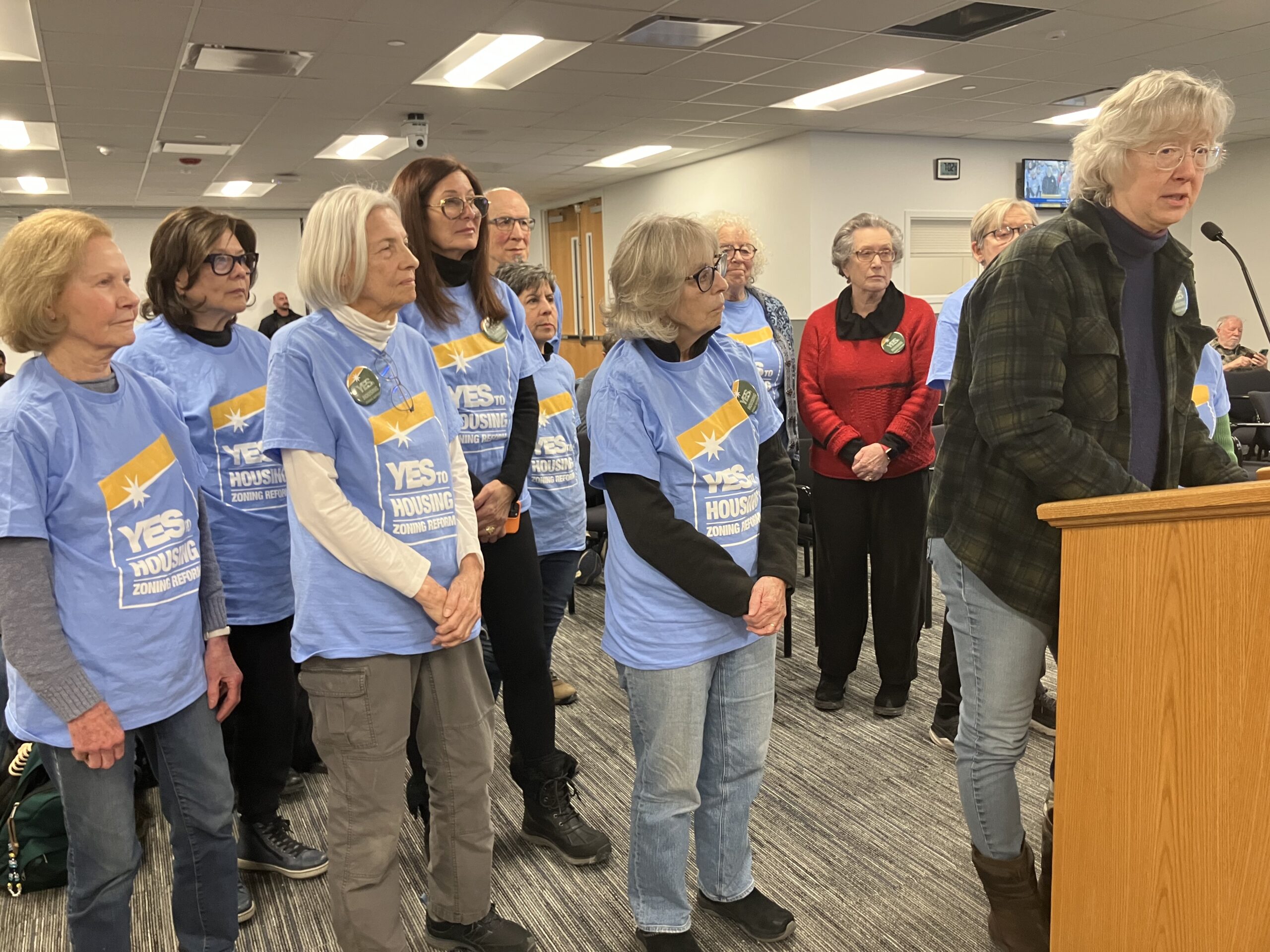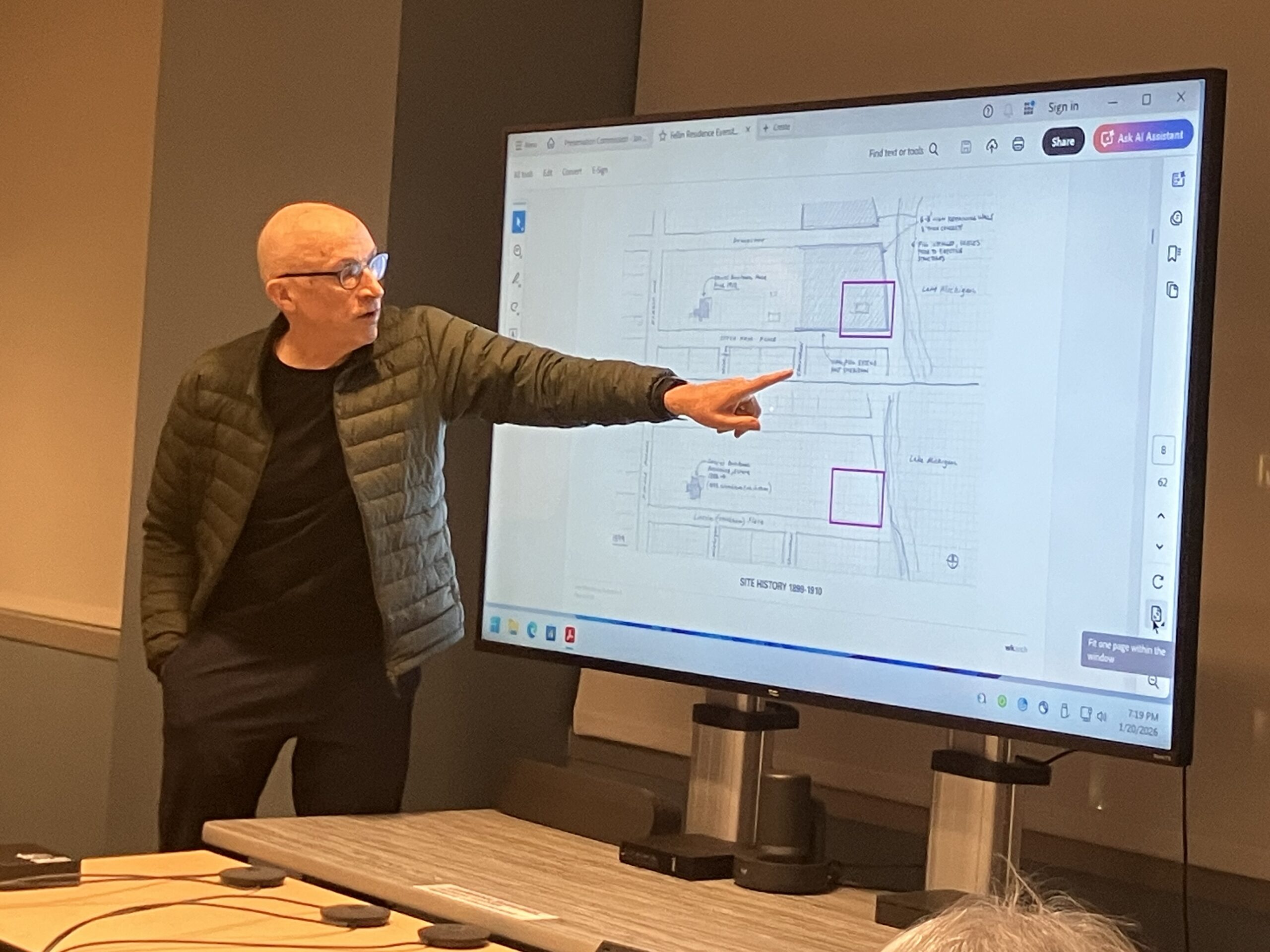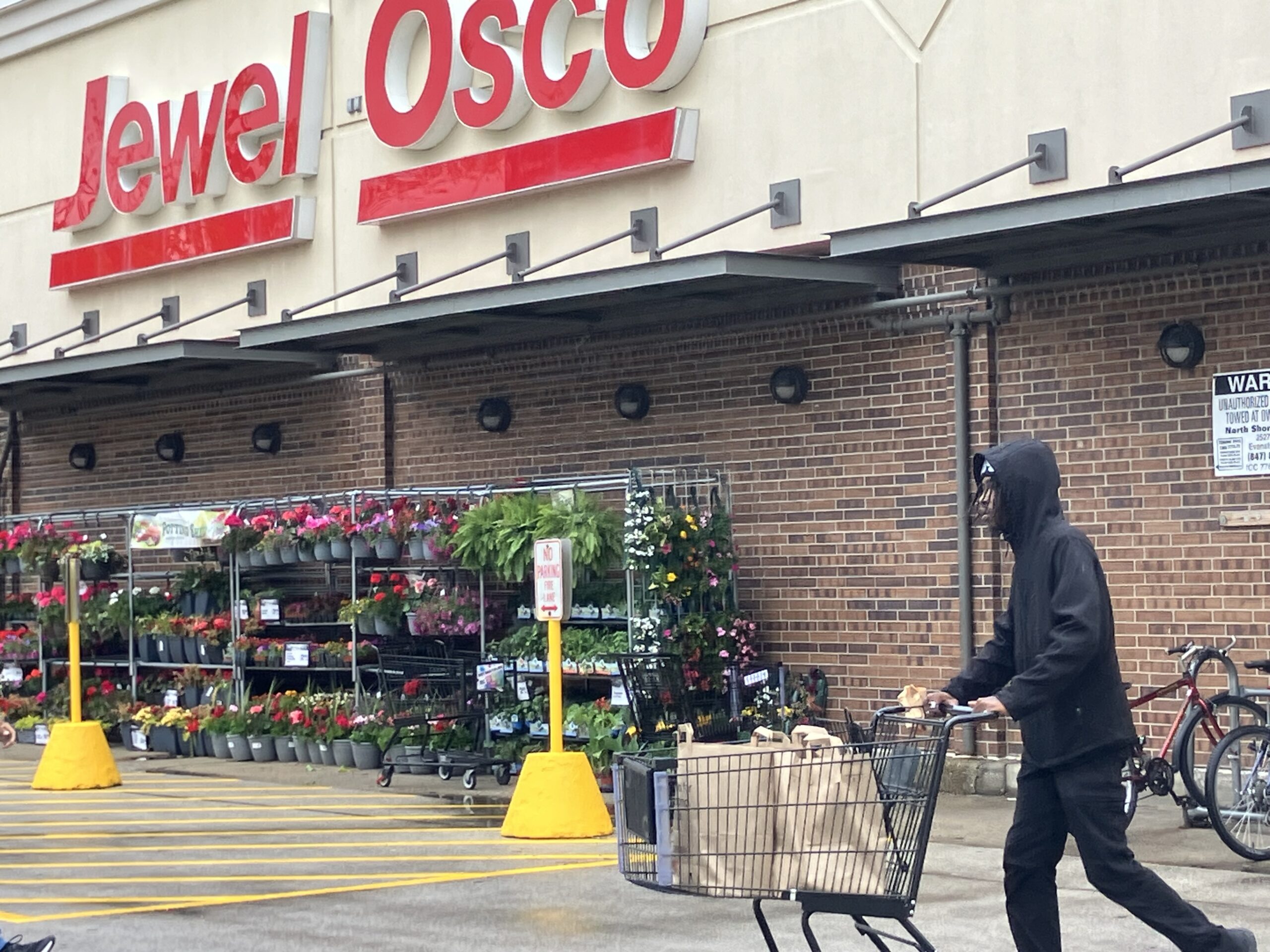By Bob Seidenberg
A local grocery tax, replacing the state’s soon-to-be expired one, isn’t in the bag — yet.
Evanston City Council members carried out their part Monday, voting 5-3 to approve a 1% tax on groceries to replace the state tax — one of the most reliable of the city’s revenue sources, generating close to $2.5 million annually.
Mayor Daniel Biss, meanwhile, carried through on his intention to veto the tax, issuing a statement today that he was returning the ordinance, to the City Council with his veto.
He challenged council members to come up with a more equitable solution to solve the city’s revenue needs.
Grocery tax the single most regressive option: Mayor Biss
“Evanston has long defined itself as a community rooted in diversity and inclusivity, where people of every background, income level, and origin can put down roots and thrive,” the mayor wrote, explaining his decision.
“Yet today, families across Evanston face some of the toughest financial pressures in decades. Inflation has driven up the cost of essentials like childcare, health care, housing, utilities, and especially groceries. With food prices already at historic highs, adding an additional tax on groceries would not only deepen the economic pain for local families, it would be fundamentally unfair.
“If we are serious about keeping Evanston affordable, we must focus on distributing the tax burden responsibly and equitably. Our broader tax system — at both the state and national level — is already regressive. I understand that the City is facing a tough fiscal situation with only bad choices. But that is no justification for selecting the single most regressive option available to us.
”Let’s instead work together to pursue just and equitable solutions so Evanston remains a city where everyone, from every walk of life, can afford to live and call home.”
The issue now goes back to the council, which is expected to move to override the mayor’s veto at their Sept. 29 meeting — barely in time to meet the state’s Oct. 1 deadline for local communities to submit a plan for a replacement tax.
Councilmember Tom Suffredin noted that the mayor’s action is coming late in the game, with the General Assembly passing legislation and the Governor signing the bill into last year.
Non-residents account for major share of grocery tax
Ultimately, an increase in the property tax will cost more for the average resident than a grocery tax, he said. A $2.5 million increase to the property tax levy would result in an increase of $78.53 per year in property taxes for a $400,000 home, according to staff.
By comparison, the 1% Grocery Tax on the table would cost $66 per year Evanston households (based on $6,636 spending of groceries, all in Evanston, Suffredin noted.
City staff research found that, in contrast to property taxes, much of the revenue generated through the grocery tax comes through non-residents. Approximately 56% of grocery sales in Evanston are to non-residents, with the figure as high as 83% at the Jewel-Osco at Howard and Hartley.
As of August 2025, as many as 550 municipalities statewide had opted to go with a local grocery tax as a replacement, staff found In Cook County alone, more than 85 municipalities had opted to go that courses, including Palatine, Hoffman Estates. Buffalo Grove, Schaumburg and nearby Skokie.
The holdouts, however, include however two communities on Evanston’s borders — Wilmette to the north and Chicago to the south.
Wilmette is expected to act on the issue at the village’s Sept. 25 meeting.

